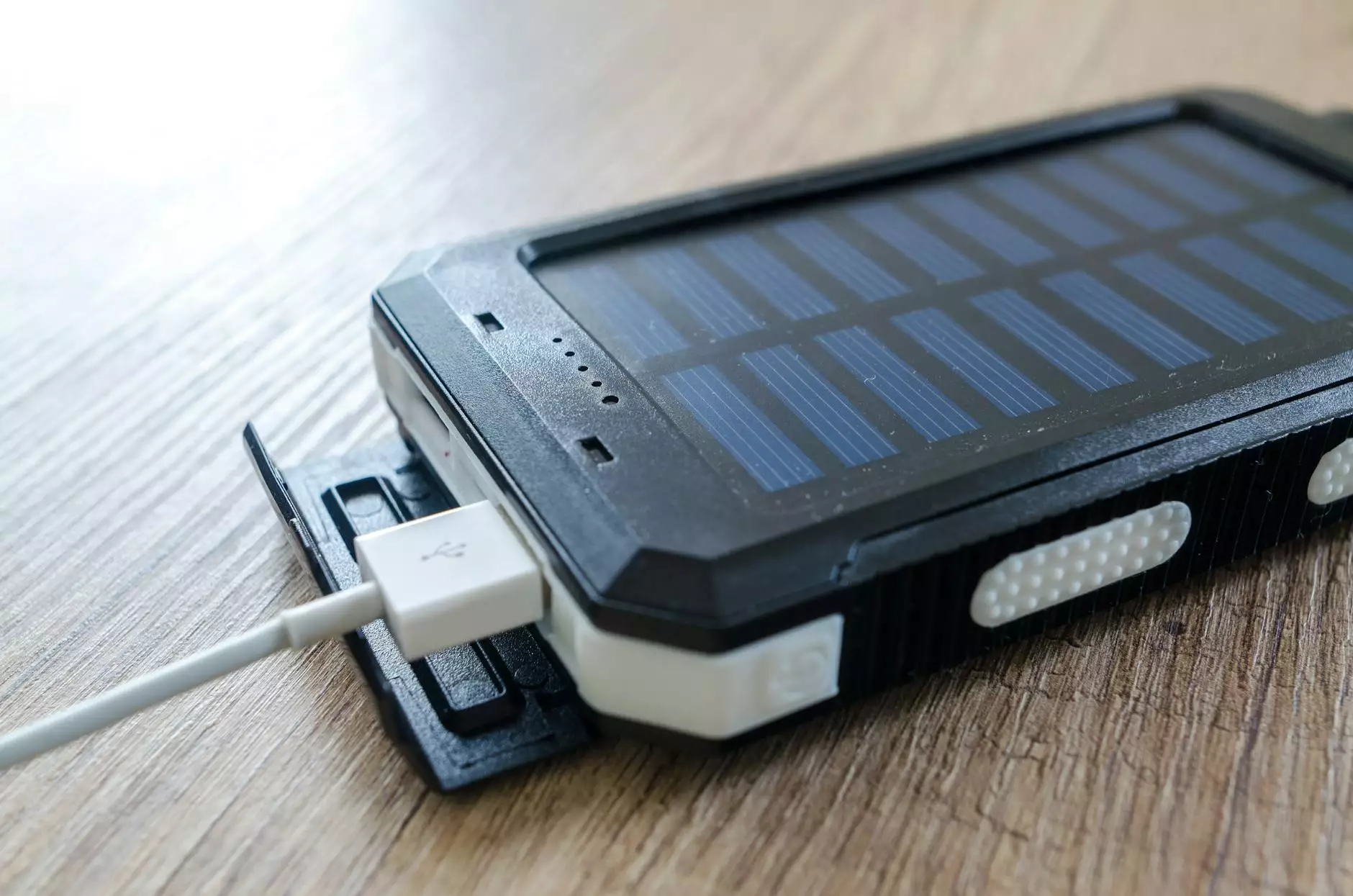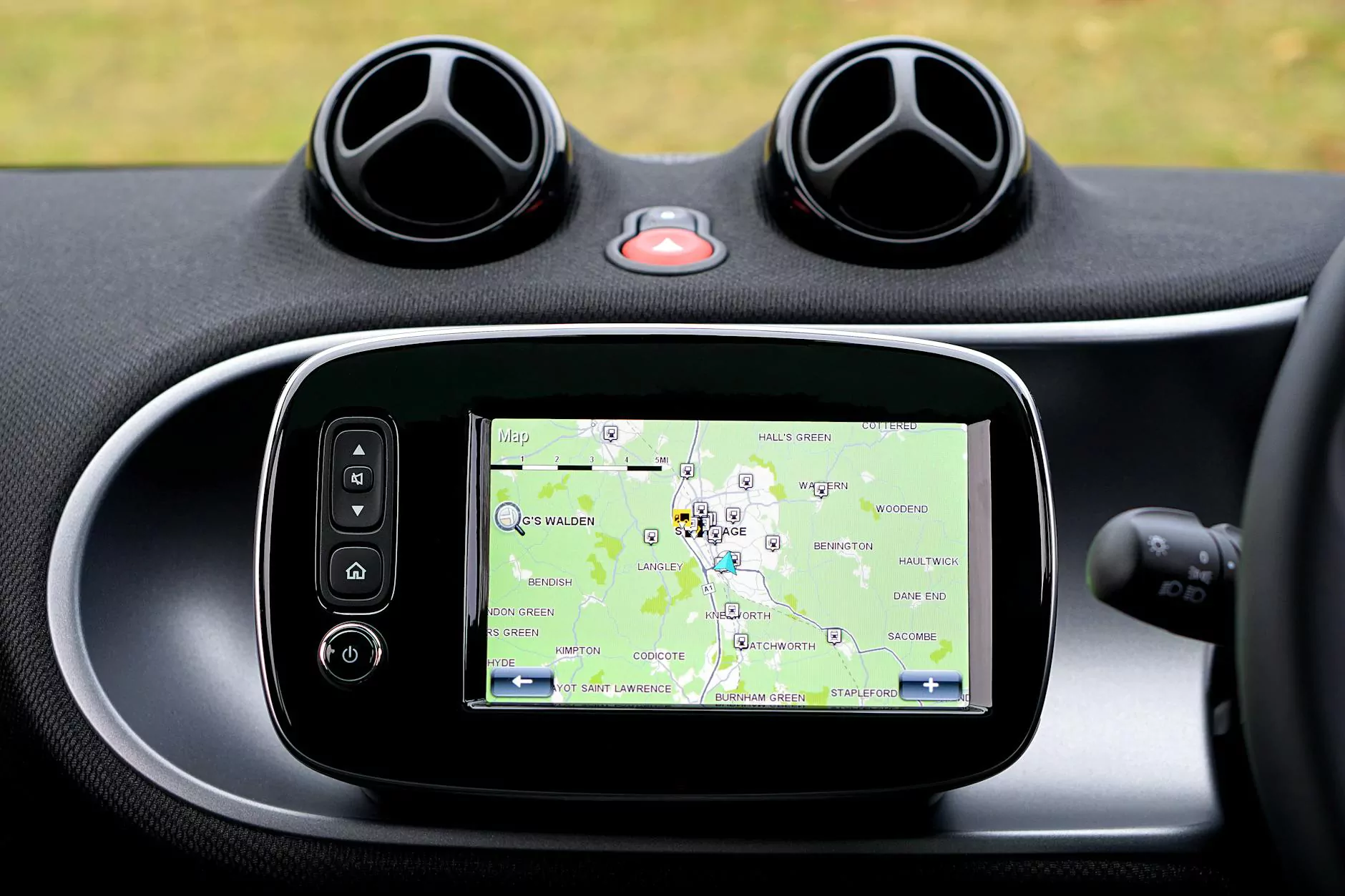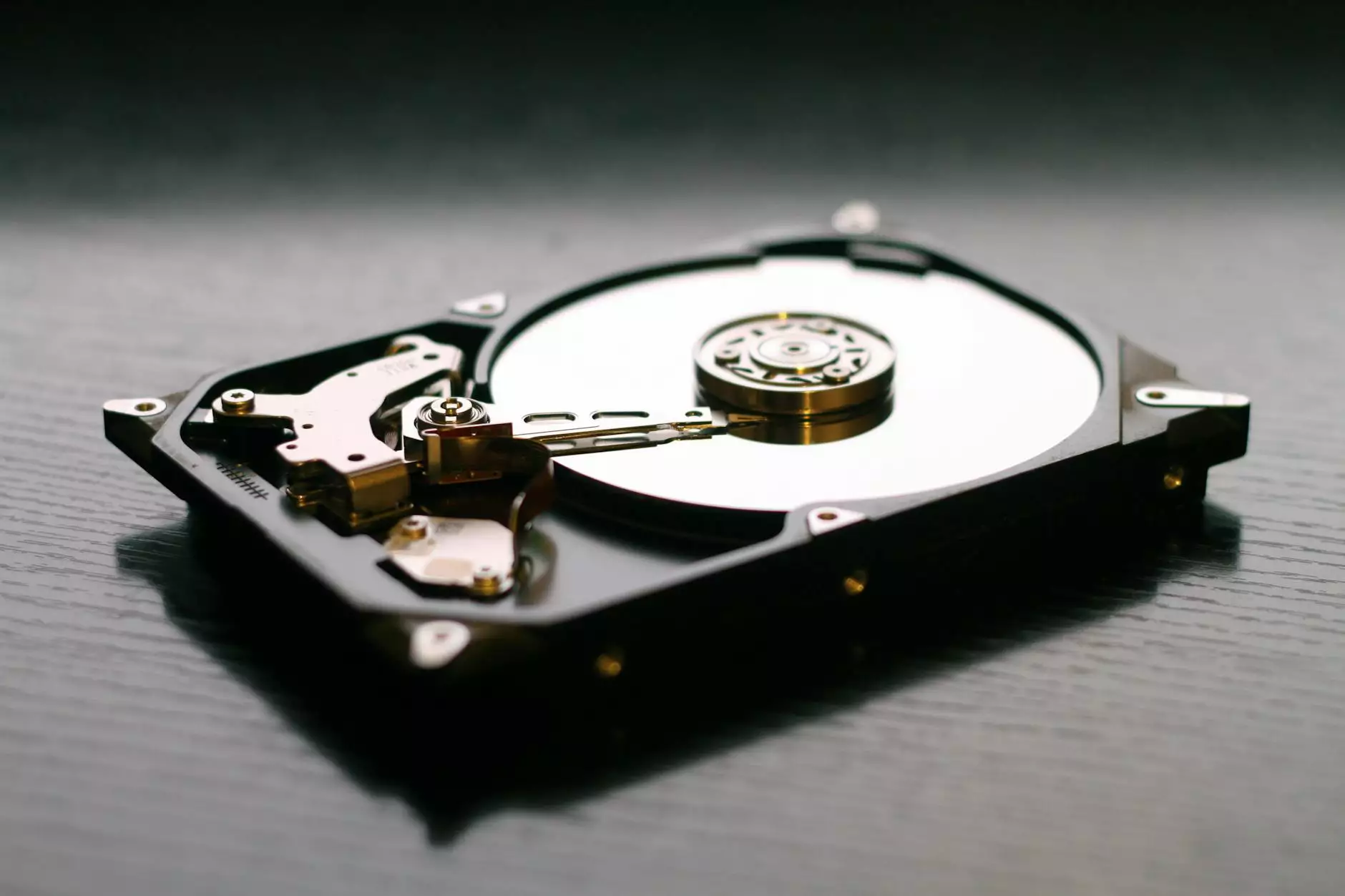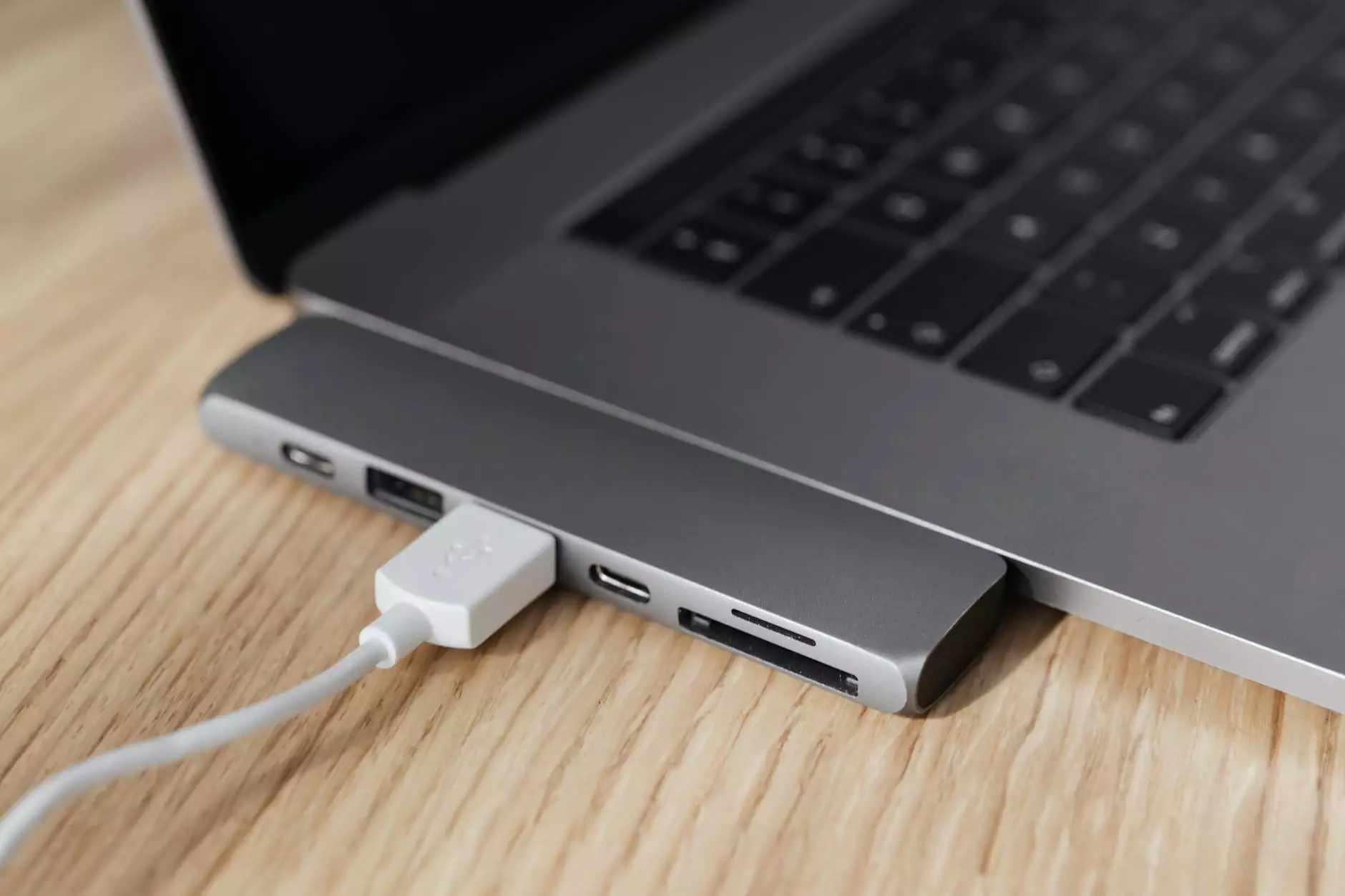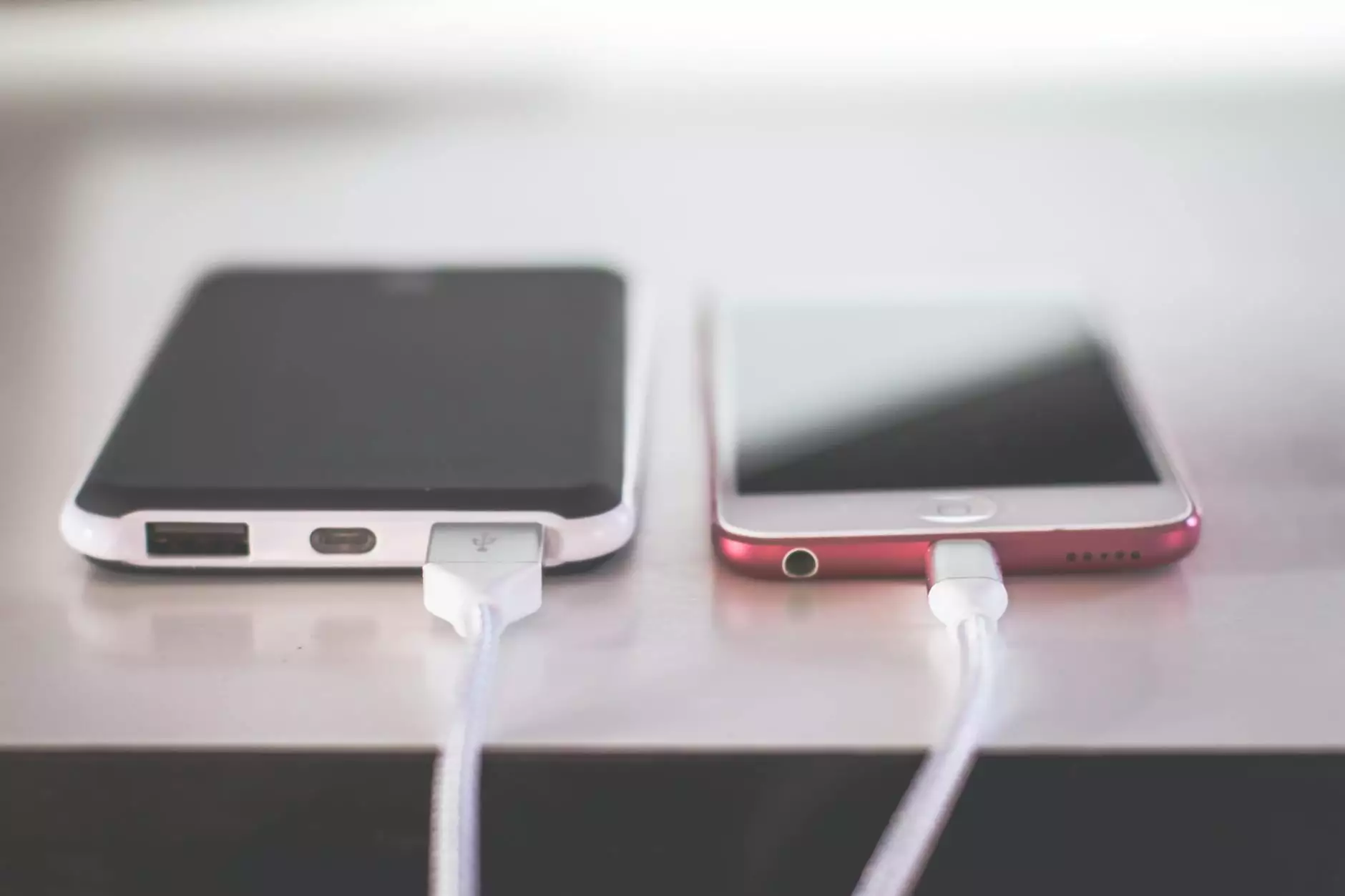How to Use a USB to Increase RAM
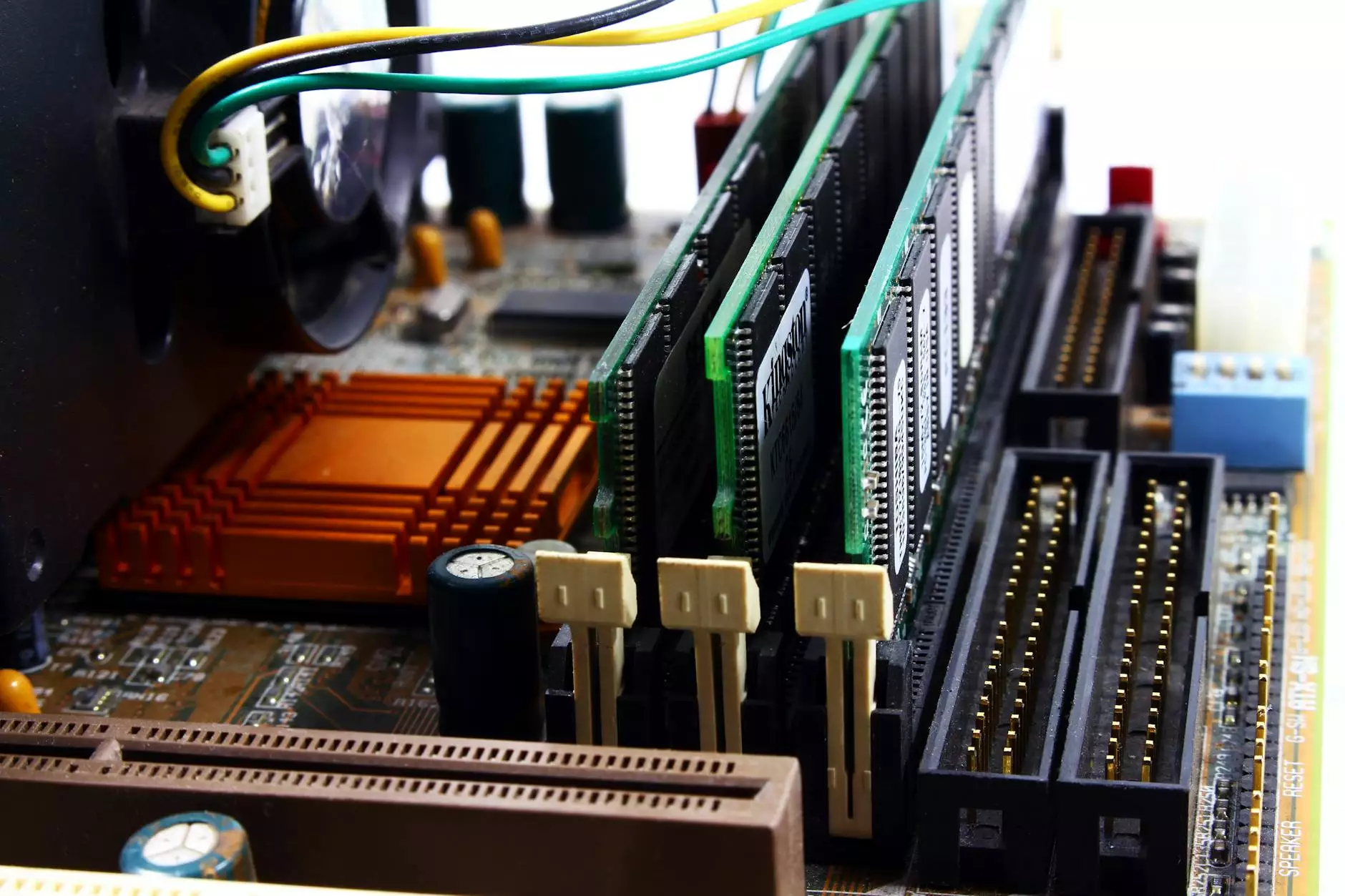
Welcome to Content Professionals, your go-to source for SEO services in the Business and Consumer Services industry. In this comprehensive guide, we will walk you through the process of using a USB drive to increase RAM on your computer.
Understanding the Concept
Using a USB drive as RAM is a method to boost your computer's performance by expanding its memory capacity. While USB drives are not as fast as standard RAM modules, they can provide a helpful memory boost for light tasks or emergency situations.
Requirements
Before proceeding, you will need a USB drive with sufficient storage capacity, a computer with a working USB port, and basic knowledge of computer operations.
Step-by-Step Guide
- Insert the USB drive into an available USB port on your computer.
- Right-click on "My Computer" or "This PC" and select "Properties."
- Click on "Advanced system settings" and navigate to the "Performance" settings.
- Under the "Advanced" tab, click on "Virtual Memory" and then "Change."
- Uncheck the "Automatically manage paging file size for all drives" option.
- Select the USB drive from the list of drives and choose "Custom size."
- Set the initial and maximum size based on your USB drive's capacity (e.g., 2048 MB for 2GB).
- Click "Set" and then "OK" to save the changes.
Benefits and Limitations
Using a USB drive as RAM can provide a temporary performance boost for your computer, especially when running multiple applications simultaneously. However, it is important to note that USB drives are slower than standard RAM modules and may not be suitable for high-intensity tasks or long-term usage.
Conclusion
By following the steps outlined in this guide, you can effectively use a USB drive to increase RAM on your computer and enhance its performance. Remember to consider the benefits and limitations of this method before implementing it in your daily computing routines.
For more expert insights into SEO services and technology solutions, visit Content Professionals today!
